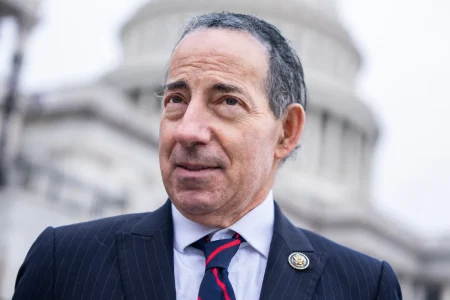St. Sebastian, an early Christian martyr, is a figure shrouded in legend and veneration, embodying steadfast faith in the face of persecution. Although the historical facts about his life remain somewhat obscure, his story has gained immense admiration over the centuries, ultimately establishing him as a patron saint for athletes and soldiers. Notably featured in Martin Scorsese’s latest installment of “The Saints,” now streaming on Fox Nation, St. Sebastian’s life narrates a poignant tale of commitment to faith during the brutal reign of Roman Emperor Diocletian. Scorsese reveals that Sebastian’s journey represents a shift from historical truth to spiritual inspiration, illustrating how early Christian martyrs have become symbols of unwavering belief that continues to resonate with Christians today.
The backdrop of St. Sebastian’s story is set in third-century Rome, a tumultuous time when Emperor Diocletian enacted severe measures against Christians to restore Rome’s glory days. Seeking to revive the ancient Roman pagan traditions and assert control over his empire, Diocletian deemed Christianity a threat to his power. As Scorsese elaborates, the emperor ruled by divine right, and his return to pagan rites forced many Christians into hiding or into the jaws of persecution. Sebastian, a soldier in the elite Praetorian Guard tasked with protecting the emperor, secretly professed Christianity, exemplifying the conflict between spiritual allegiance and loyalty to the state.
Amid the suffering of Christians, the episode introduces twin brothers Marcellus and Marcellianus, who face imprisonment for their faith. Their parents, unaware of their sons’ commitment to Christianity, urge them to make sacrificial offerings to the Roman gods to secure their release. In this volatile environment, Sebastian reaches out to the brothers, revealing his own faith and encouraging them to remain resilient. His passionate exhortation highlights the importance of divine allegiance; he stresses to them that true salvation resides solely with God, irrespective of societal or familial pressures. This poignant moment underscores the challenge faced by early Christians who strived to uphold their faith amidst external pressures.
The impact of Sebastian’s faith is further revealed through Nicostratus, the guard assigned to watch over the imprisoned brothers. Moved by Sebastian’s steadfast belief and powerful message, Nicostratus experiences a profound conversion, which triggers a wave of dramatic mass conversions among Christians in Rome. As Scorsese narrates, this pivotal moment emphasizes Sebastian’s role in this burgeoning movement of faith amid persecution. Unfortunately, the narrative takes a dark turn, as the newfound faith of Nicostratus, along with that of the brothers, leads to their inevitable martyrdom. Likewise, Sebastian’s secret devotion comes to light, causing him immense suffering and positioning him alongside fellow Christians facing death for their beliefs.
The exploration of St. Sebastian’s life serves not only as an inspiring episode in “The Saints” series but also as a broader examination of the resilience demonstrated by early Christians who faced extreme adversity. Scorsese’s documentary illustrates how figures like Sebastian became paragons of virtue and endurance in challenging times. Throughout history, these saints have remained beacons of hope for believers, showcasing the lengths to which individuals would go to uphold their faith. Sebastian symbolizes the triumph of conviction over fear, inspiring countless followers through the centuries to seek strength in their beliefs and pursue righteousness, even when confronted with dire consequences.
The eight-part series, which also features other significant saints such as Joan of Arc, John the Baptist, and Francis of Assisi, delves into the profound acts of courage, kindness, and sacrifice that marked their lives. Scorsese aims to illuminate the extraordinary narratives of these historical figures, drawing connections between their spiritual journeys and the challenges faced by many throughout human history. The series not only reinforces the legacy of these saints but also serves as a reminder of the enduring power of faith and the human spirit. By telling their stories, Scorsese and his team highlight the continued relevance of these figures in contemporary society, a testament to their lasting impact on individual lives and communities of faith throughout the ages.














